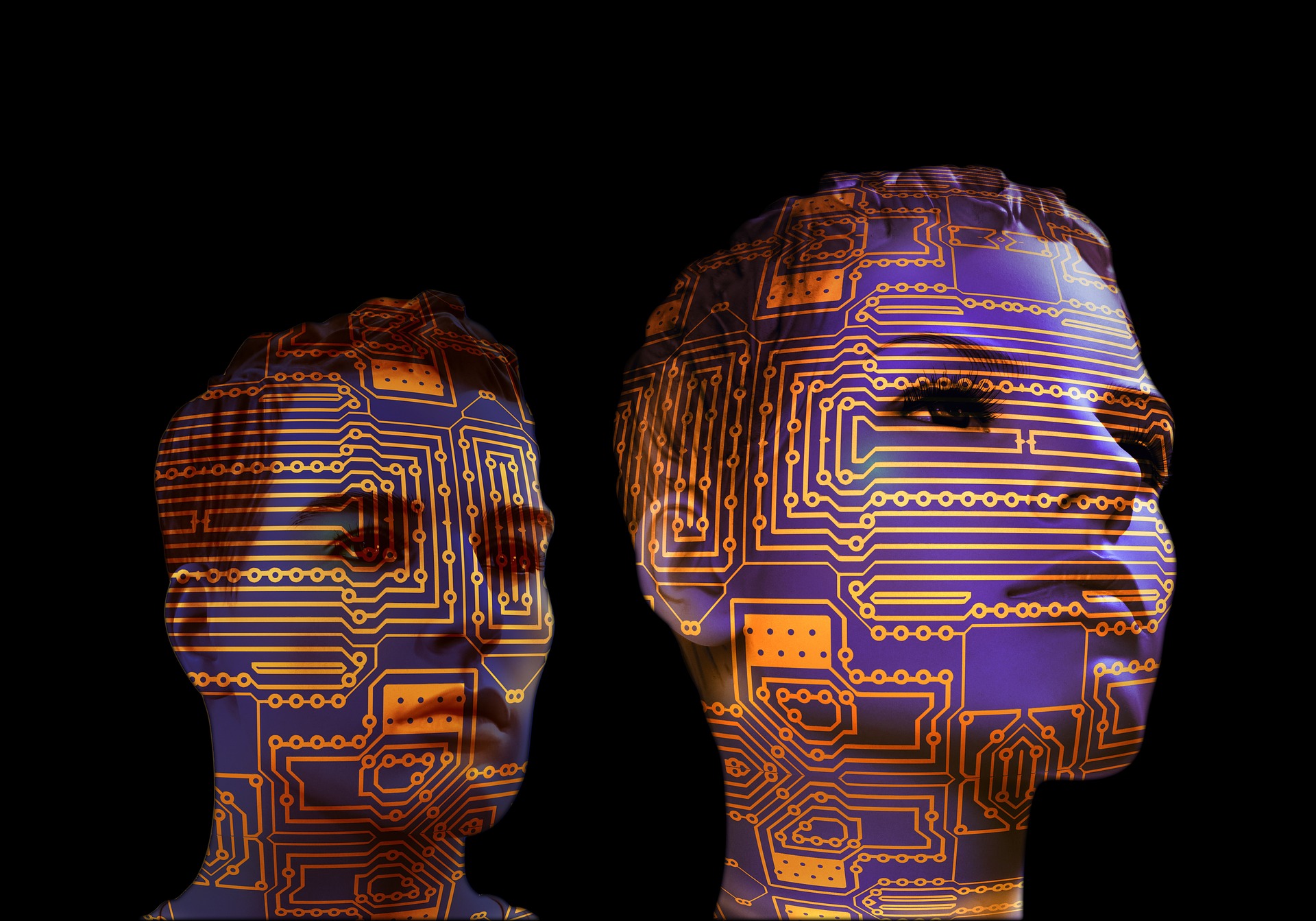In a world where artificial intelligence in the form of virtual assistants such as Alexa, Google Assistant and Siri are becoming more and more part of our daily lives, is it any surprise to hear that there may be more to them than meets the eye…?
This article talks about how Amazon was recently in hot water for admitting that Alexa sends all its recordings for transcription so that it can consistently improve its understanding of language and keep learning. That’s not just the times that Alexa has been asked a question but all the time… Google Assistant does exactly the same – sending all content off for transcription, including when it’s been prompted by its wake word… where does that leave confidentiality? If the VA is sending off everything it hears then it’s sending off all your discussions, your phone calls, your private conversations, not just the ones you’ve specifically interacted with it for. These recordings are in most cases sent to a human being to transcribe – which means someone you don’t know is hearing all your conversations.
Makes you think, doesn’t it?!
Amazon claims that they aren’t listening to pry, they’re only doing so in order to improve their service and help Alexa learn, but it does raise the question of just how “between you and me” your personal conversations are with a VA in the room.
When it comes to voice to text transcription, artificial intelligence is severely lacking. Being able to respond to a simple command and accurately interpreting a stream of voice data are poles apart. At FSTL we have been sent transcripts of recordings by clients that have been digitally transcribed. One job we received had to be started over again completely – the client had received it in a completely verbatim format without any punctuation meaning it was totally unusable. And what’s more, the machine had replaced the core word around the entire content with something completely different, which meant that without human interpretation it was gobbledegook!
We accept that artificial intelligence has evolved from the early days in the 1950s when the very basic computers could identify around 10 words spoken very clearly by a single speaker, through to the 1980s with computers that had a vocabulary of 1,000 words and could transcribe simple speech. But it in our experience artificial intelligence in transcription still doesn’t offer what we would deem to be anywhere near the 100% accuracy that our clients expect, and demand. Which means it just isn’t an option.
The human touch is still leaps and bounds ahead of machines, and we believe humans really do make a difference in transcription. Human transcribers are far more able to interpret hesitation or affirmation. Machines also struggle to understand the emotions behind words and the sounds that people make that aren’t actual words but people tend to use when they’re thinking.
When you choose FSTL for your transcription work you choose the human factor, with all the benefits that brings, including 100% guaranteed confidentiality. We have been asked in the past if our transcripts are done by software but we can confirm that they are all transcribed & proof-read by the human eye!!!

